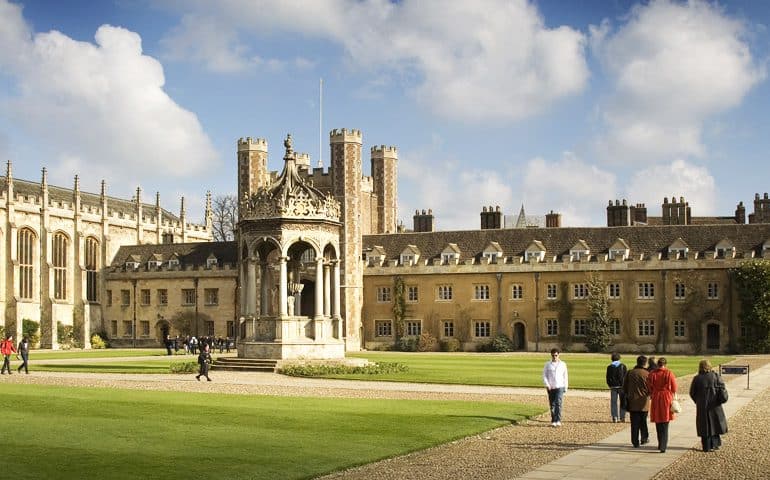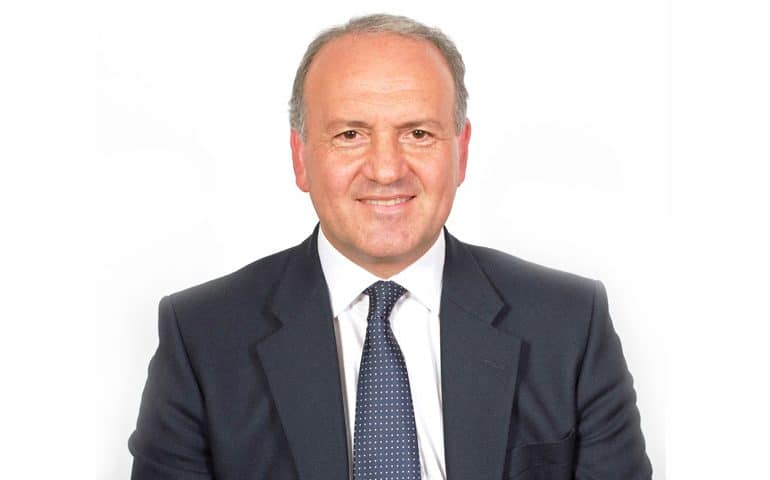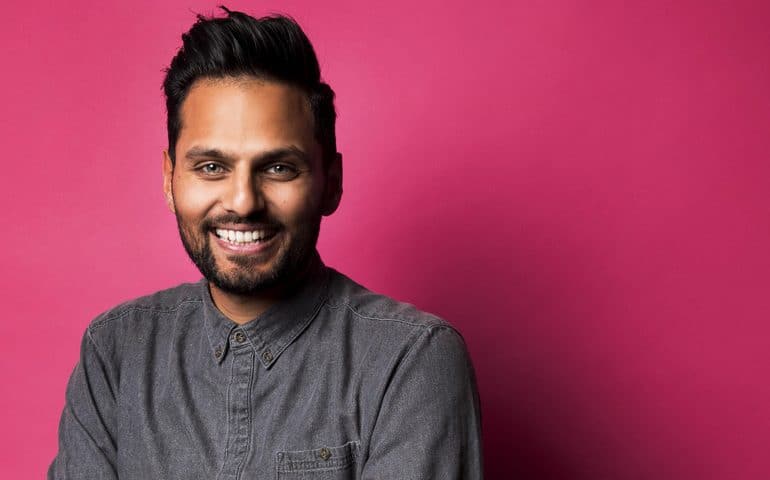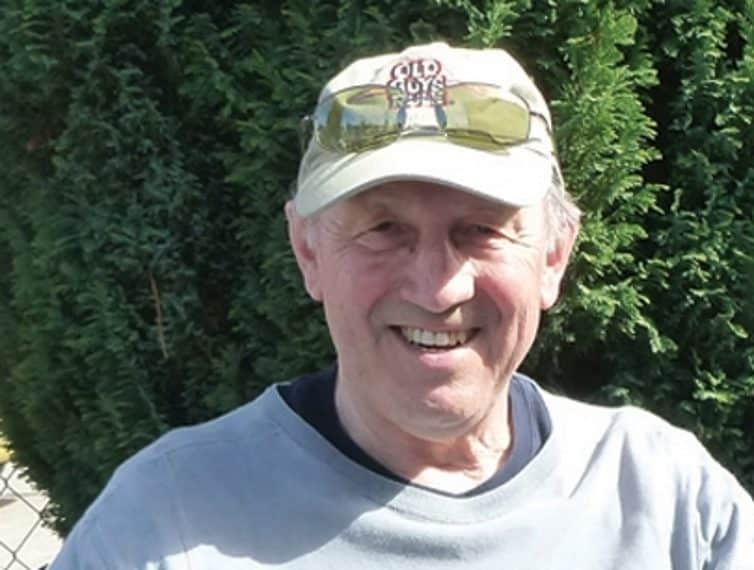
A former senior lawyer and leading international manager with BP is re-establishing his links with QE, where he has been both a pupil and a Governor.
Richard Newton (1956-1964) was School Captain and was also captain of both cricket and rugby during his time at QE. He led the Hertfordshire U19 cricket team as well as representing the South of England, and played U19 rugby for both Hertfordshire and South East England. He served as a Governor in the 1980s.
After leaving School, Richard read Law at Nottingham University, where he continued his sporting exploits, captaining the First XI at cricket and playing for the First XV at rugby and the Universities Athletic Union at cricket.
After qualifying he was recruited by BP who later posted him to the USA. “I started in 1970 as a lawyer, working in New York and San Francisco for seven years,” said Richard. “I then moved into commercial and general management.” His principal roles were Head of Commercial in Exploration & Production, Head of International Oil Trading and Refining, Head of Global Gas, Head of Human Resources Worldwide and Director Europe.
“In my last 10 years or so I worked closely with first Lord Simon and then Lord Browne, the CEOs, on organisational change and leadership. This included succession planning and designing top executive education programmes at Cambridge, Harvard Business School and Stanford Business School.”
After leaving BP Richard worked, mostly pro bono, with: Baroness Hayman, the then Chairperson of Cancer Research; with Lord Browne, in his role as Chairman of the Governors of the Cambridge Judge Business School, and with Cambridge University as a faculty member on their Prince Of Wales’ Programme on Sustainable Development. He also carried out some senior executive coaching.
“My contact with the School has been intermittent since I was a Governor in the 1980s,” said Richard. “When the School opted out and went grant-maintained I was one of the two outside businessmen appointed to the board of governors, the other being George Heard, the Chairman. I’m afraid my career with BP at the time, and particularly the travelling, made the fulfilment of my duties increasingly difficult and so I eventually stood down.”
Richard has recently moved back to the Barnet area and is looking for ways to rekindle his links with his alma mater. “Major surgery a few years ago caused me to revaluate my priorities,” he says. “What motivates me most? – sport (particularly the team ones), the interface between business and society, organisational change, career coaching and last but not least, the key aspects of good leadership.”

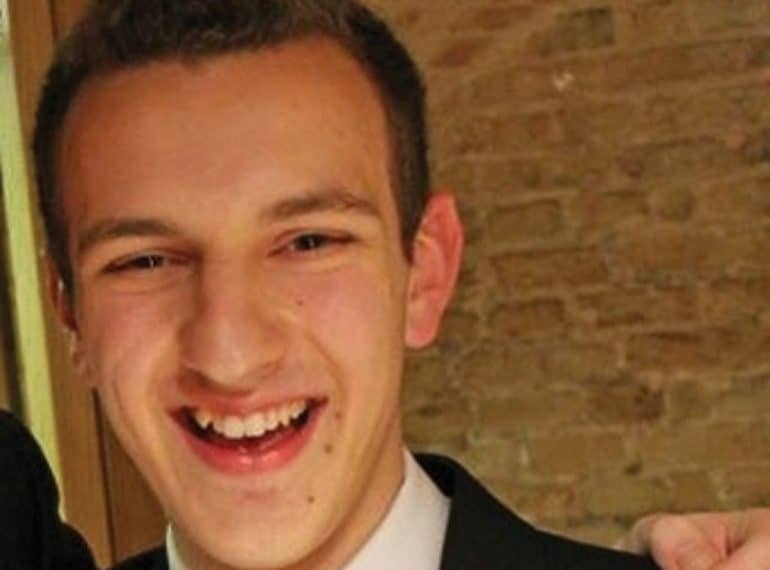
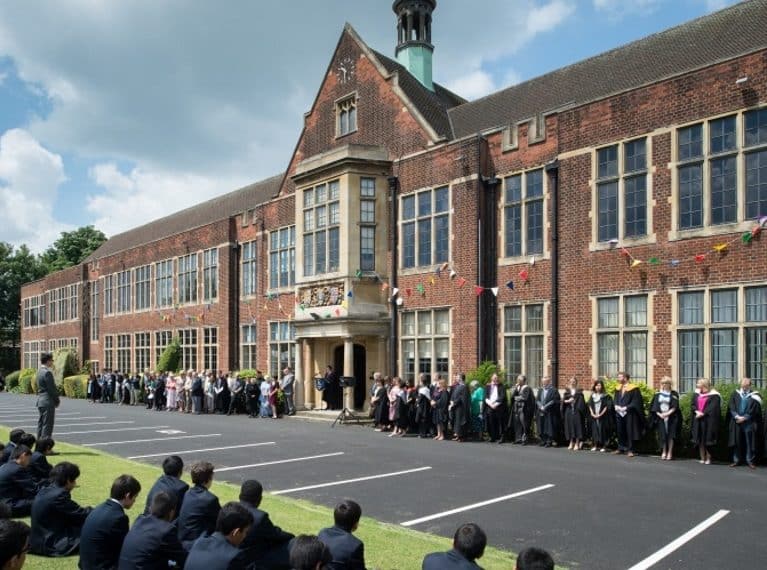
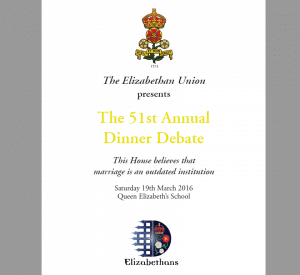 Proposing this year’s motion, This House believes that marriage is an outdated institution, were Year 12 boys Ché Applewhaite and Ridwan Uddin. They were opposed by Gabriel Gendler (OE 2007–2014) and Ethan Axelrod (OE 2007–2014), with Adrian Burbie, of Year 12, in the chair.
Proposing this year’s motion, This House believes that marriage is an outdated institution, were Year 12 boys Ché Applewhaite and Ridwan Uddin. They were opposed by Gabriel Gendler (OE 2007–2014) and Ethan Axelrod (OE 2007–2014), with Adrian Burbie, of Year 12, in the chair.